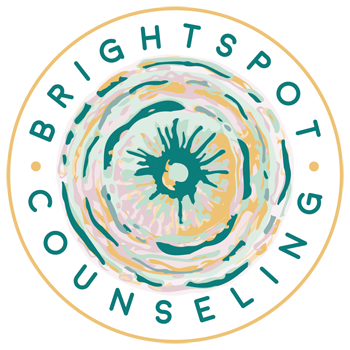What Exactly Does “Be Kind to Yourself” Mean?

Madison Marcus-Paddison
Be kind to yourself. I say this all the time to my clients and even my family and friends. It’s just a part of my vocabulary due to the nature of my career. Sometimes (most times), I forget to clarify what this means.
Many of them have never heard this phrase before, or if they have, it’s in passing, in their horoscope, or from a yoga teacher. Many people aren’t comfortable with the phrase. Someone once replied, “Be kind to myself? Don’t give me any of that hokey-cheesy-mumbo jumbo-psycho babble-blah blah-woo woo.” Now… please don’t ask me to translate that, but suffice it to say, this person didn’t really know what I meant.
Being kind to yourself is not “treating yourself”. It’s not overloading yourself with positive affirmations. It’s not lying. It’s not making excuses for violating others and it’s certainly not a license to drop all of your responsibilities. So what is it?
When you’re being kind to yourself, you’re acknowledging that you’re human. You’re appreciative of your differences and do your best to not compare yourself to others. You understand that social media isn’t real life. You recognize that some expectations are not realistic or fair.
You’re more forgiving and less judgmental of your thoughts and behavior. You understand and value that you tried something new or are wearing many hats, and don’t jump to negative self-talk. You talk to yourself in the same way you’d talk to a best friend or loved one, with honesty and encouragement. “Yes, this is hard, but I do hard things every day.” “Yes, it didn’t work out as planned, but how cool is it to say you tried?!”
You recognize that situations are neither good nor bad. Sadness, disappointment, and frustration are just as valid as happiness, joy, and excitement. You know that stress and discomfort aren’t to be avoided or repressed- they’re a part of life. Instead of trying to bury it all, you allow yourself to experience it and accept that it’s here now, but not forever.
You see failure or struggle as learning and growing opportunities. You’re more inclined to discuss your thoughts and feelings with others; to seek connection, compassion, and validation, because you accept yourself as you are.
This might feel a little off-topic, but stick with me- I promise, it’s relevant. A new study published in the journal of Clinical Psychological Science found that “distanced self-talk” (using your name/third person) instead of first-person pronouns like “I, he, she, etc” was an effective strategy to make healthier food choices.
“Reflecting on one’s decisions using one’s own name might enhance one’s ability to follow through with their goals, which can often be undermined by strong situational lures (such as tempting foods),” said study lead author Celina Furman, a former University of Michigan researcher who is now a doctoral student at the University of Minnesota.
Granted, this study is about healthy food choices- however… I have incorporated it into my own life for wants and needs unrelated to food choices, and I gotta say- it makes practicing self-compassion so much easier- even clients have found it helpful.
John: “What do I want?” I wanted this to be perfect.
“What does John want?” John wants to grow professionally and part of that is making mistakes and learning from them.
Jackie: “What do I need?” I need to get my life together- I can’t stop dropping the ball!
“What does Jackie need?” Jackie needs to find an organizational tool that works for her and to remember that she’s balancing a lot right now.
When we talk to ourselves in the third person, we’re more likely to give ourselves the kindness that we want and need, versus the negative self-talk and flood of self-deprecation- we are also more conscious of expectations that are unrealistic and unfair.
Give it a shot.




